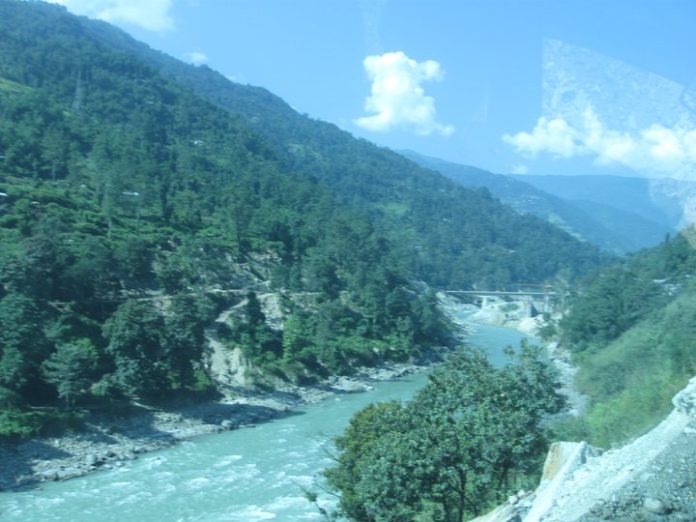The Nile River, stretching over 4,100 miles, is not only the longest river in the world but also one of the most influential. Its impact on the history and culture of North Africa is profound, shaping civilizations, economies, and belief systems for millennia. From ancient Egypt to modern-day nations like Sudan and Egypt, the Nile’s fertile banks and strategic importance have been central to the development of the region.
Ancient Egypt:
The Nile River was the lifeblood of ancient Egypt, providing water for agriculture and transportation. The annual flooding of the Nile deposited rich silt, creating fertile land for farming. This allowed the ancient Egyptians to develop a sophisticated agricultural system, leading to surplus food production and the rise of a complex society. The Nile also facilitated trade and communication, enabling the unification of Upper and Lower Egypt and the establishment of one of the world’s earliest civilizations.
Religion and Mythology:
In ancient Egyptian religion, the Nile was considered a deity, with rituals and ceremonies dedicated to its worship. The annual flooding of the river was seen as the result of the god Hapi’s tears of joy, bringing fertility and prosperity to the land. The Nile’s importance in sustaining life led to its depiction in religious texts and myths, shaping the spiritual beliefs of the ancient Egyptians.
Economic Importance:
The Nile River served as a vital economic artery, supporting trade and commerce in the region. Ancient Egyptians used the river for transportation, moving goods and people along its banks. The Nile also facilitated trade with neighboring regions, contributing to the wealth and prosperity of ancient Egypt. Additionally, the river provided a source of fish and waterfowl, supplementing the diet of the population.
Cultural Legacy:
The Nile River has left a lasting imprint on the cultural identity of North Africa. From literature and art to music and architecture, the Nile has inspired generations of artists and thinkers. Ancient Egyptian literature often celebrated the river’s bounty and beauty, while temples and monuments along its banks served as tributes to its importance. Even today, the Nile continues to be a source of inspiration for artists and writers across the region.
Modern Impact:
The Nile remains a vital resource for the countries of North Africa, particularly Egypt and Sudan. Both nations rely on the river for irrigation, hydroelectric power, and transportation. However, growing populations and increasing demands for water pose challenges to the sustainable management of the Nile’s resources. Disputes over water rights and dam construction have led to tensions between upstream and downstream countries, highlighting the ongoing significance of the Nile in the region’s geopolitics.
As North Africa continues to evolve, the Nile will remain a symbol of resilience, prosperity, and cultural heritage for generations to come. However, its management and preservation pose significant challenges in the face of climate change, population growth, and competing interests among riparian states.
Efforts to address these challenges require cooperation and collaboration among Nile Basin countries to ensure equitable access to water resources while preserving the river’s ecological integrity. Initiatives such as the Nile Basin Initiative aim to promote sustainable development and cooperation among riparian states, recognizing the interdependence of countries along the Nile.
Furthermore, investment in infrastructure and technology can help maximize the benefits of the Nile while minimizing its environmental impact. Renewable energy projects, such as hydroelectric dams, can provide clean energy for growing populations while reducing reliance on fossil fuels. Additionally, investments in water management systems and agricultural practices can improve efficiency and mitigate the risks of water scarcity and soil erosion.
Education and awareness are also essential in promoting the sustainable use of the Nile’s resources. By educating communities about the importance of water conservation and environmental stewardship, individuals can contribute to the preservation of the Nile for future generations.
In conclusion, the Nile River has played a pivotal role in shaping the history, culture, and identity of North Africa. From ancient civilizations to modern nations, its influence remains deeply ingrained in the fabric of society. As North Africa confronts the challenges of the 21st century, the Nile will continue to be a source of inspiration, resilience, and cooperation, ensuring a sustainable future for the region and its people.
By: SIDHARTHA MISHRA
Write and Win: Participate in Creative writing Contest & International Essay Contest and win fabulous prizes.
















